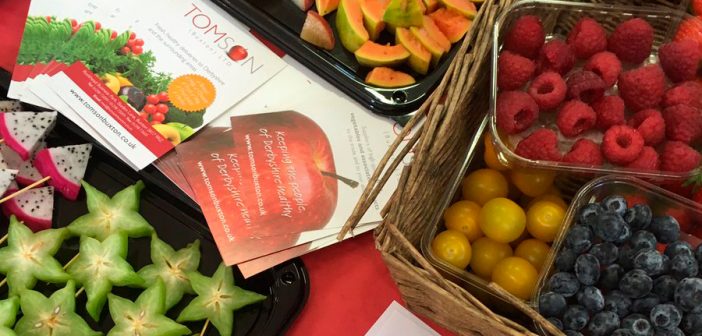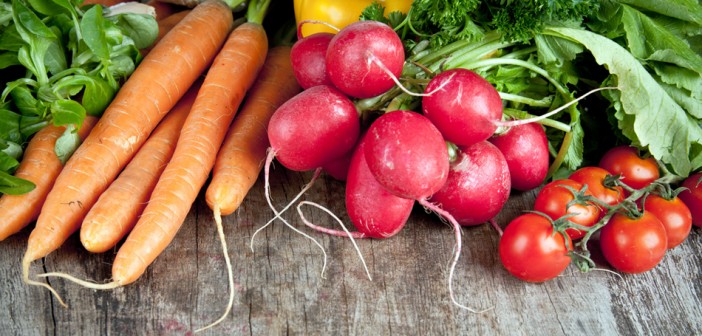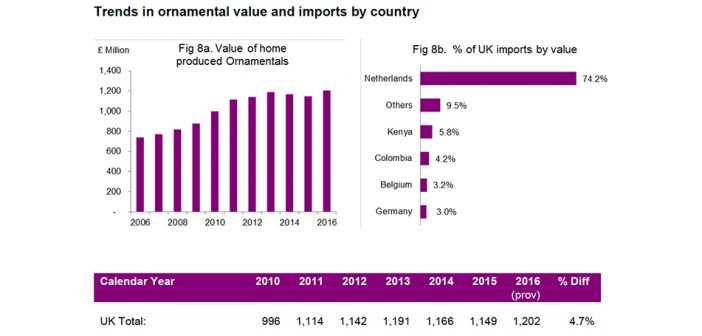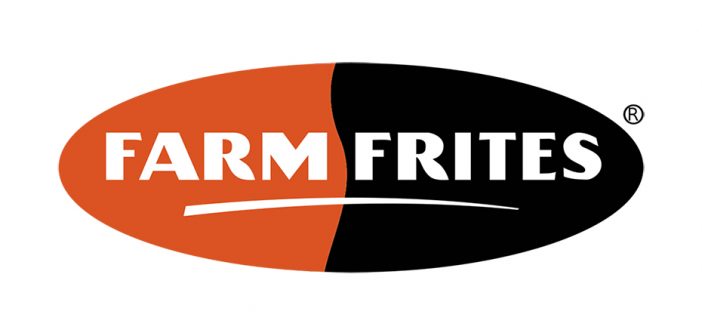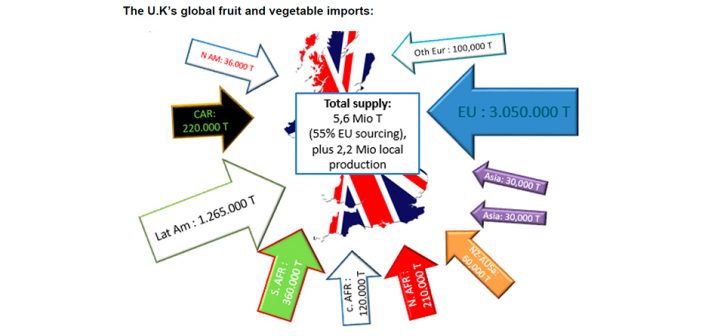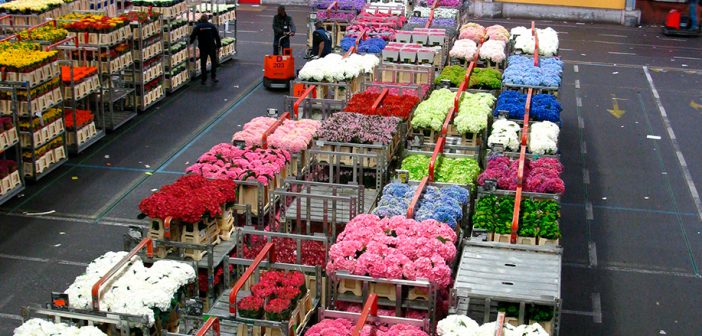Supermarket Morrisons has launched two new value veg boxes, one priced at £3 (although it was launched at a promotional price of just £1) and a larger one at £5. The smaller box is available online, with the larger one in stores.
Morrisons vegetable buyer Andy Todd said, “We’ve listened to our customers who told us they want even more affordable veg. They are a great way for our customers to buy British or eat seasonally or feed the family for the week.” The retailer says the £5 box contains enough vegetables to feed a family of four for four or five days. The seasonal products include items such as carrots, courgettes, onions, potatoes, cauliflower, with many lines being slightly misshapen or out of specification for other products. Produce is currently sourced from up to 60 British growers, but the retailer said that the new line would not be exclusively British in origin.

Photo Credit: Morrisons
The post Morrisons’ veg boxes proving popular appeared first on Hort News.
